- Membership Resources
- State Chapters
- Education/Events
-
Advocacy/Policy
- Home Care Workforce Crisis: An Industry Report and Call to Action
- Advocacy Fund
- State of Home Care: Industry at Crossroads
- Home Care Workforce Action Alliance
- Caring for Seniors: Value of Home Care
- Home Care by the Numbers
- Issues & Positions
- Legislative Action Network
- State Legislation Tracker
- Federal Legislation Tracker
- 2024 National Advocacy Day
- About HCAOA
- Find a Job
|
Today, HCAOA members and home care advocates from across the country are uniting on Capitol Hill in Washington, DC, to urge our national lawmakers to support laws and policies that help make home care more affordable and more accessible for every American who needs it.
0 Comments
Support from neighbors can make a real difference. Your clients know this first-hand. They’re able to remain at home and active within their communities longer, thanks to the care you provide.
The Connecticut Appropriations Committee decided not to move forward with a home care provider registry.
52 Weeks Marketing just launched a new 3-part home care series that will provide insights into additional revenue streams that can help grow your agency.
Relias Webinar: Reimagine Your Workforce - Unpacking the 2024 AHA Health Care Workforce Scan4/17/2024 Relias recently partnered with the American Hospital Association (AHA) to create a report on the 2024 Health Care Workforce Scan, an annual snapshot of hospital and health system employment based on a review of reports, studies, and other data sources from leading organizations and researchers.
Thank you to all the members who have referred new HCAOA members! It’s exciting to receive these referrals, but we’re not done yet! The Member-Get-a-Member program runs until August 31. You have time to get those new members in. Your name will be entered into the drawing for EACH new member you refer. The more referrals, the higher your chances of winning!
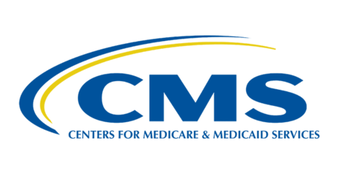 The Centers for Medicare & Medicaid Services (CMS) announced the release of the final rule, Streamlining Medicaid, Children’s Health Insurance Program, and Basic Health Program Application, Eligibility Determination, Enrollment, and Renewal Processes (CMS-2421-F2), making it easier to enroll in and retain Medicaid, Children’s Health Insurance Program (CHIP), and Basic Health Program (BHP) coverage. This rule is a response to President Biden’s Executive Orders (January 2021 and April 2022) to strengthen Medicaid and access to quality health coverage by simplifying enrollment and ensuring continuity of coverage, particularly for vulnerable populations like children, the elderly, and individuals with disabilities.
Are you ready to elevate your business's profile and make a lasting impact in your community? Here's your chance! We're excited to invite you to become a sponsor at one of HCAOA's upcoming state chapter conferences.
The transition of ostomy patients from acute care to post-acute or home-based care can be a fragmented experience, leading to the increased risk of peristomal complications and adverse care outcomes for the patient. Care organizations must provide staff and patients with the proper knowledge, resources, and tools to effectively support their wellness journey.
Littler's article "Divergent Paths on Regulating Artificial Intelligence" highlighted the United Nations’ approval of a resolution on advancing secure and trustworthy artificial intelligence (AI) systems, offering a framework for global deployment and utilization of AI technologies. The European Union's (EU) recent enactment of the Artificial Intelligence Act marks a significant milestone, establishing uniform regulations across its 27 member states to ensure human-centric and trustworthy AI deployment, with compliance obligations placed on AI stakeholders. Categorizing AI applications based on potential risk levels sets standards for AI practices, with implications for employers, particularly concerning the use of AI in employment decision-making.
The Georgia General Assembly passed the SFY 2025 budget. The SFY 2025 Budget contains funds to fully implement the reimbursement rates recommended in the Independent Care Waiver Program (ICWP) and Elderly and Disabled Waiver Program (EDWP) provider rate studies completed last year.
|
Archives
April 2024
Categories
All
Upcoming Events |
|
Phone: 202-519-2960 | 444 N. Capitol Street NW, Suite 428 | Washington, DC 20001
info@hcaoa.org | sitemap © 2024 Home Care Association of America. All Rights Reserved. | Privacy Policy | Refund Policy |
|

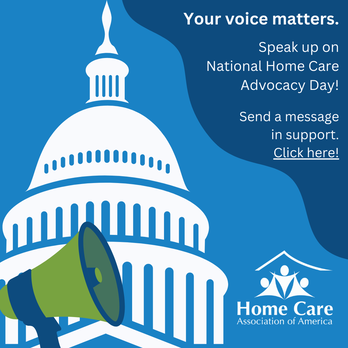
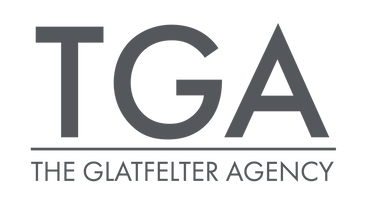
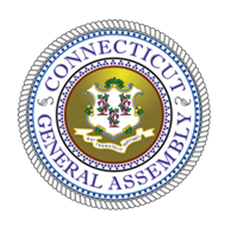
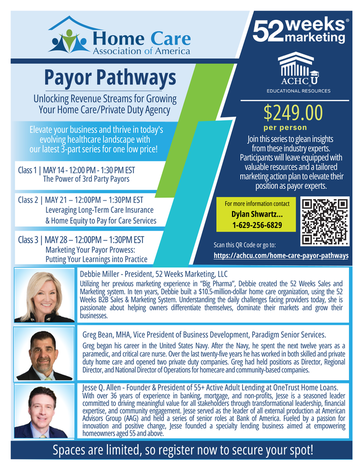

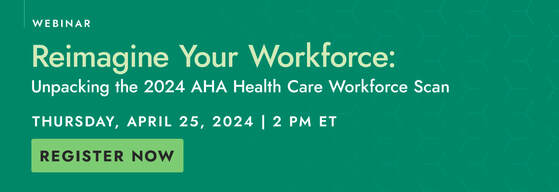
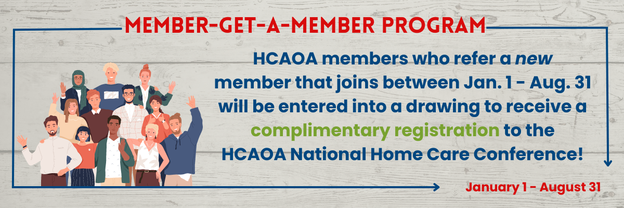

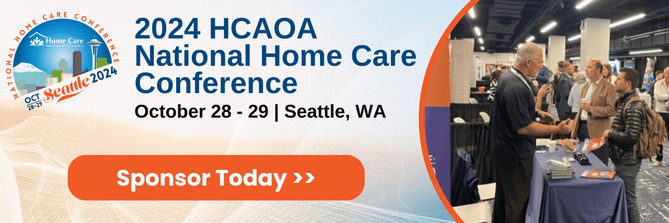

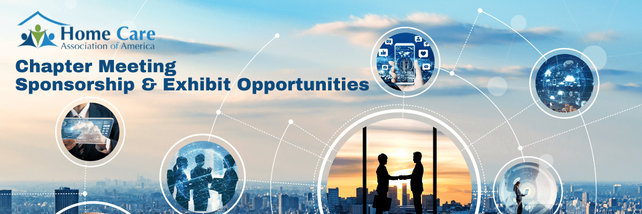
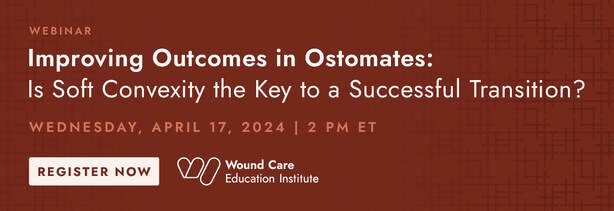

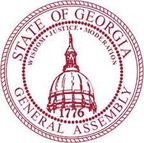
 RSS Feed
RSS Feed
